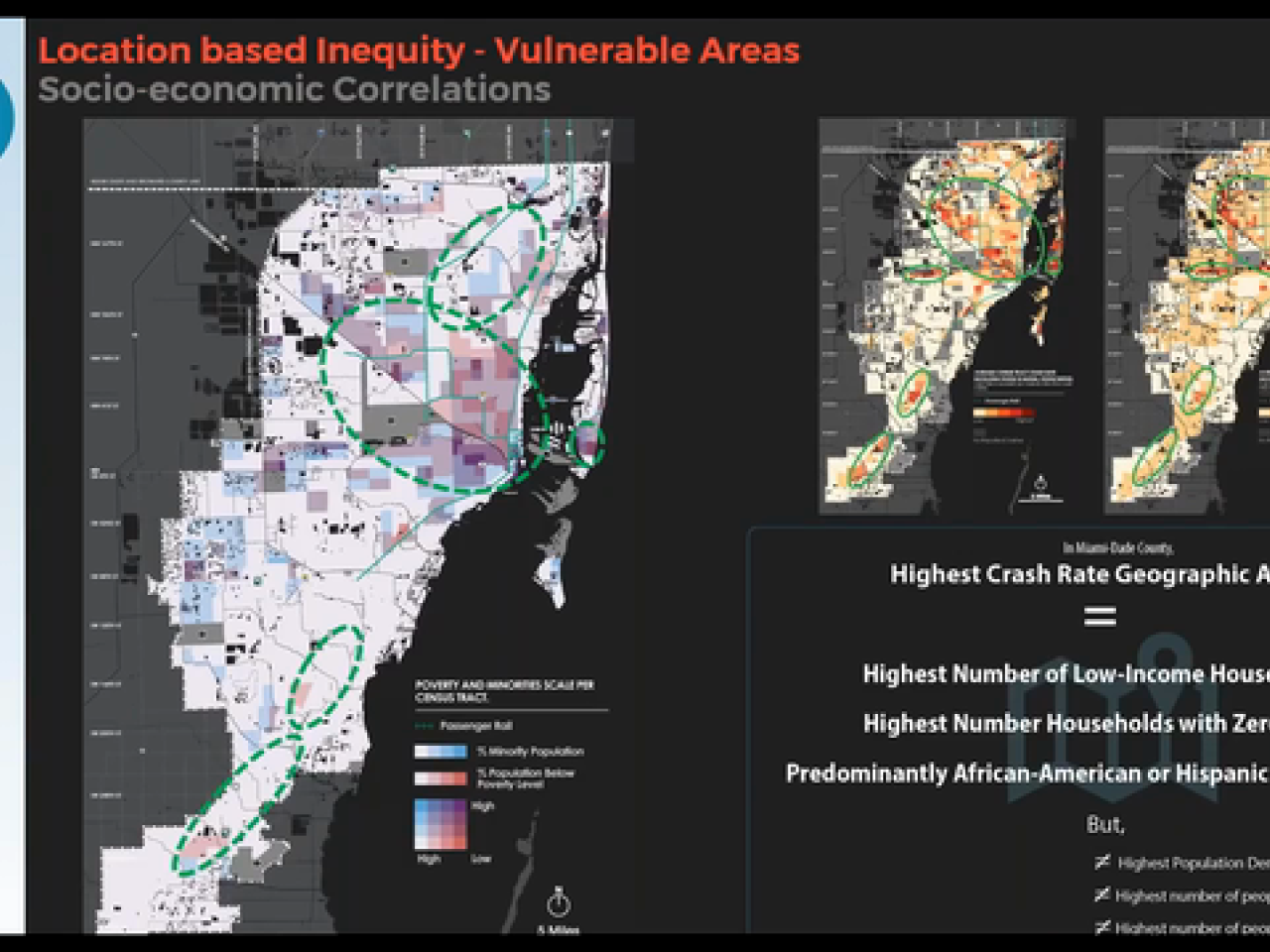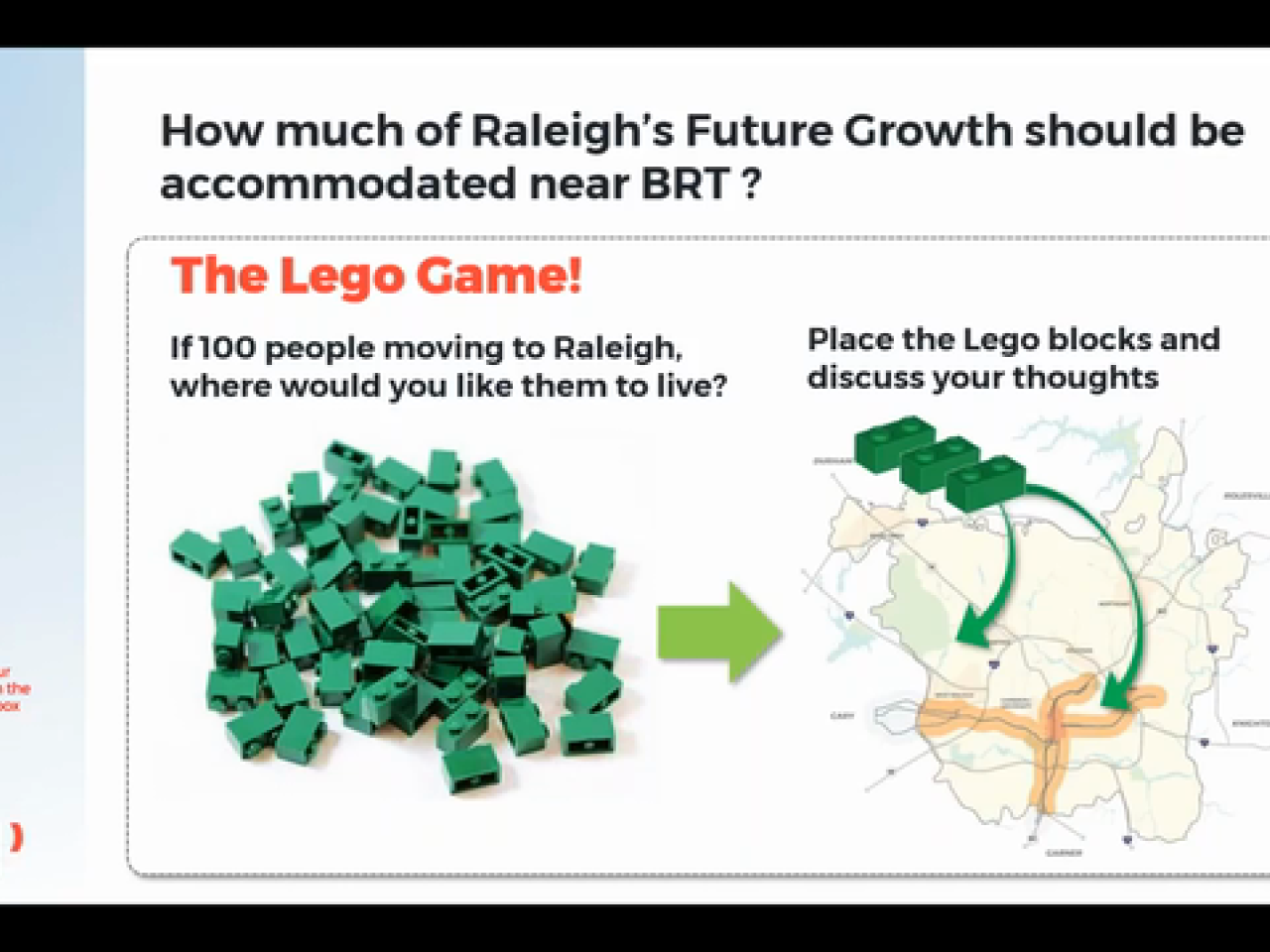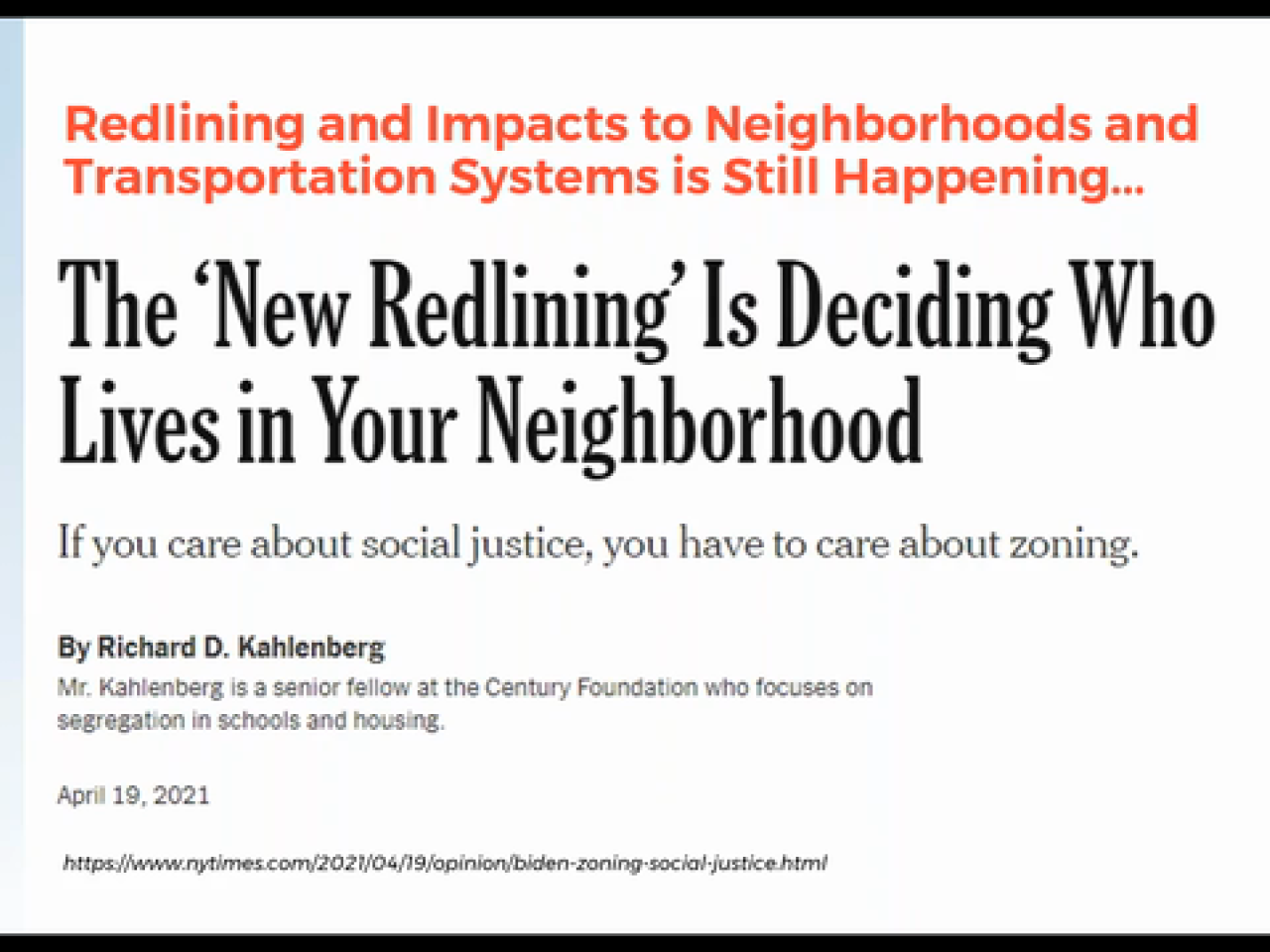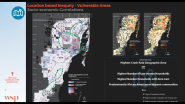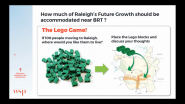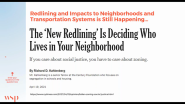WSP I Equity and Environmental Justice in Infrastructure
At WSP we define equity as the leveling of the playing field with narratives, processes, and actions that create benefits specifically for historically marginalized and underserved people to improve their current and generational quality of life. Equity must be intentionally built into every step of the engineering process, from planning to development to delivery. That means starting with a diverse team of people who bring a variety of perspectives to a project, engaging all the impacted communities to understand what they need to thrive, including marginalized expertise, like a Black-owned construction company, for example, in the execution, and clearly communicating the full benefits of the work throughout the build.
WSP-USA also has a long history of integrating equity into infrastructure projects. Our work is equity-driven. It’s a core value of WSP-USA to help communities flourish as a result of infrastructure engineering, whether by creating more access to underserved populations, ensuring nature-based solutions mitigate environmental justice issues, or recognizing critical cultural history that needs to be integrated into the planning.

